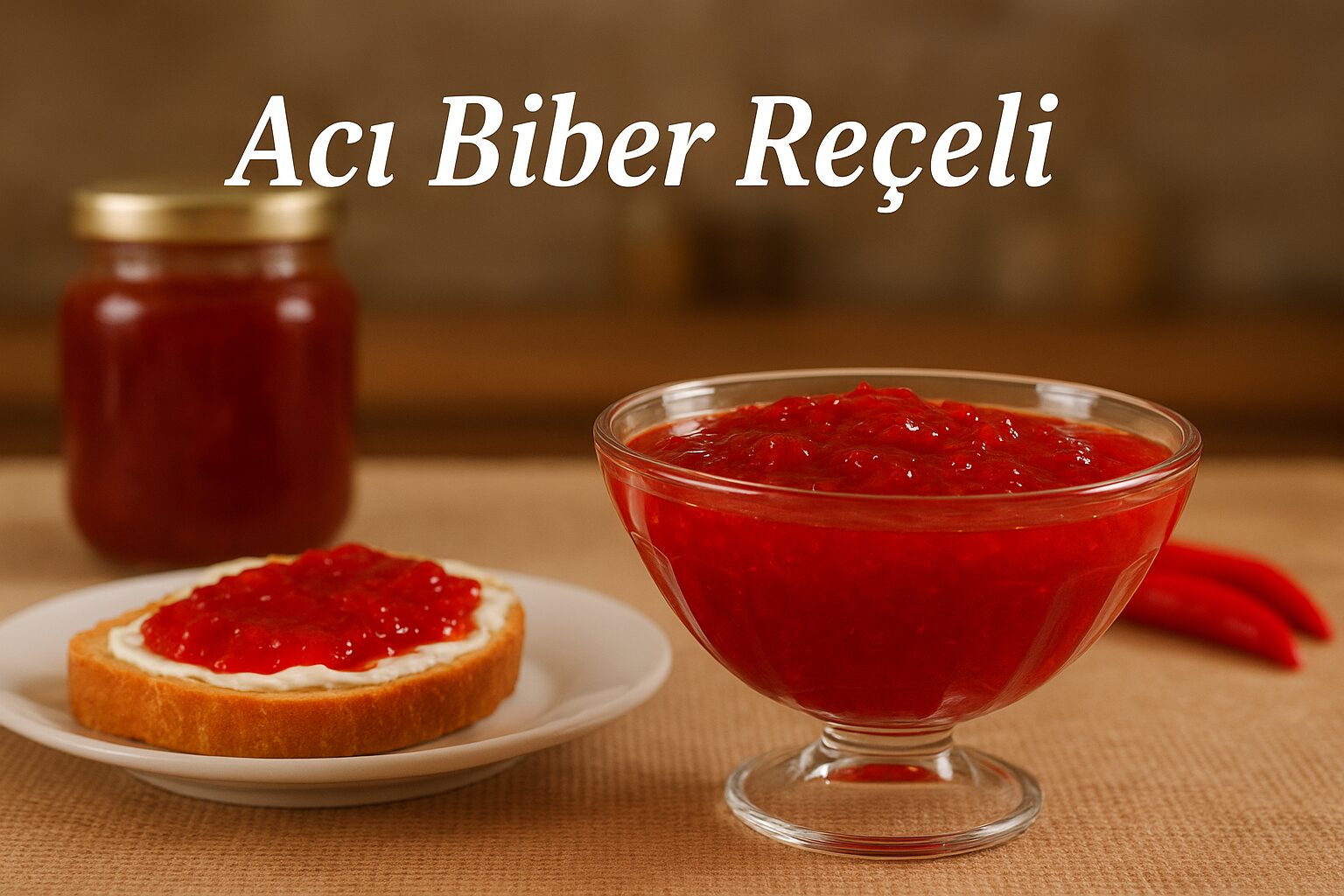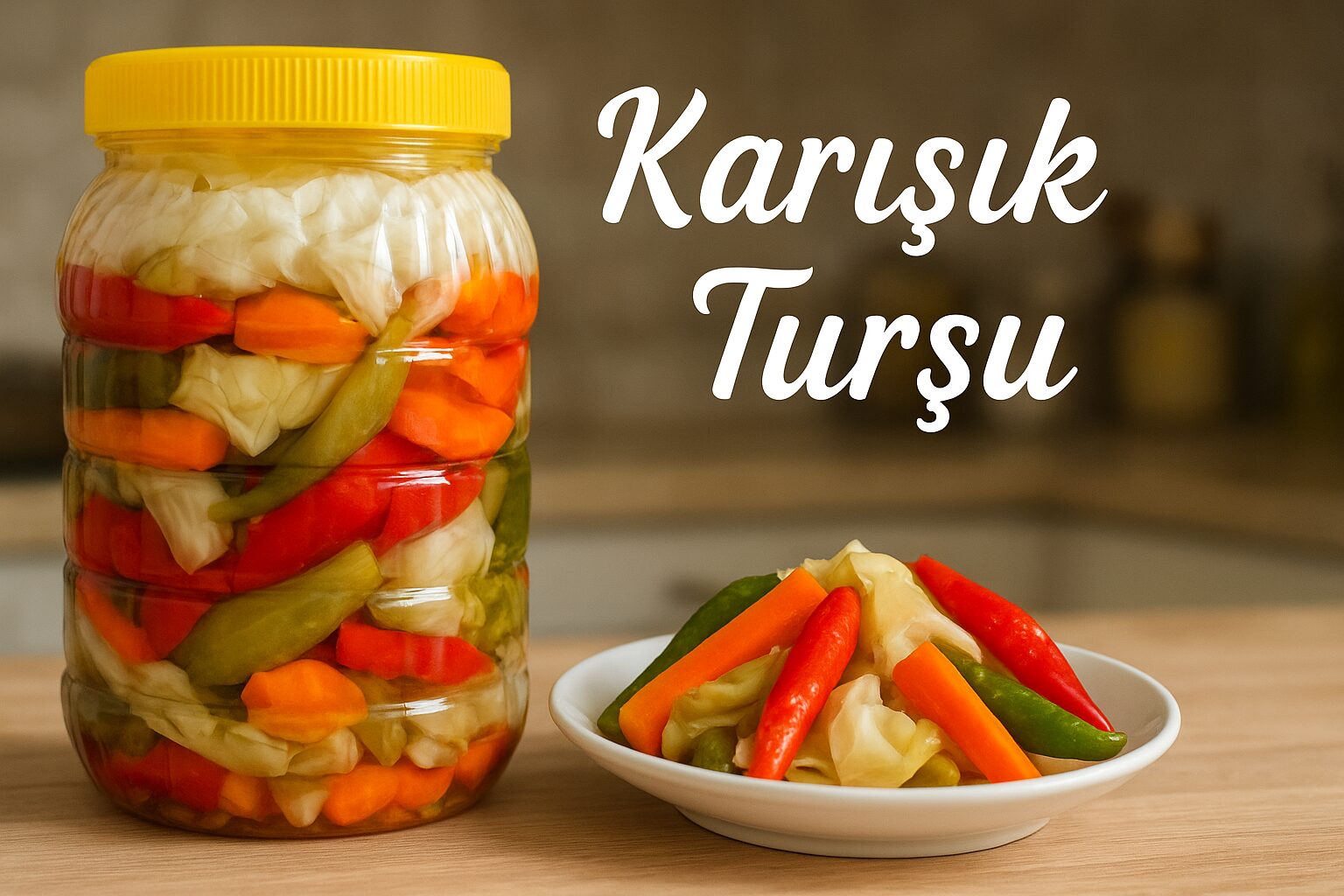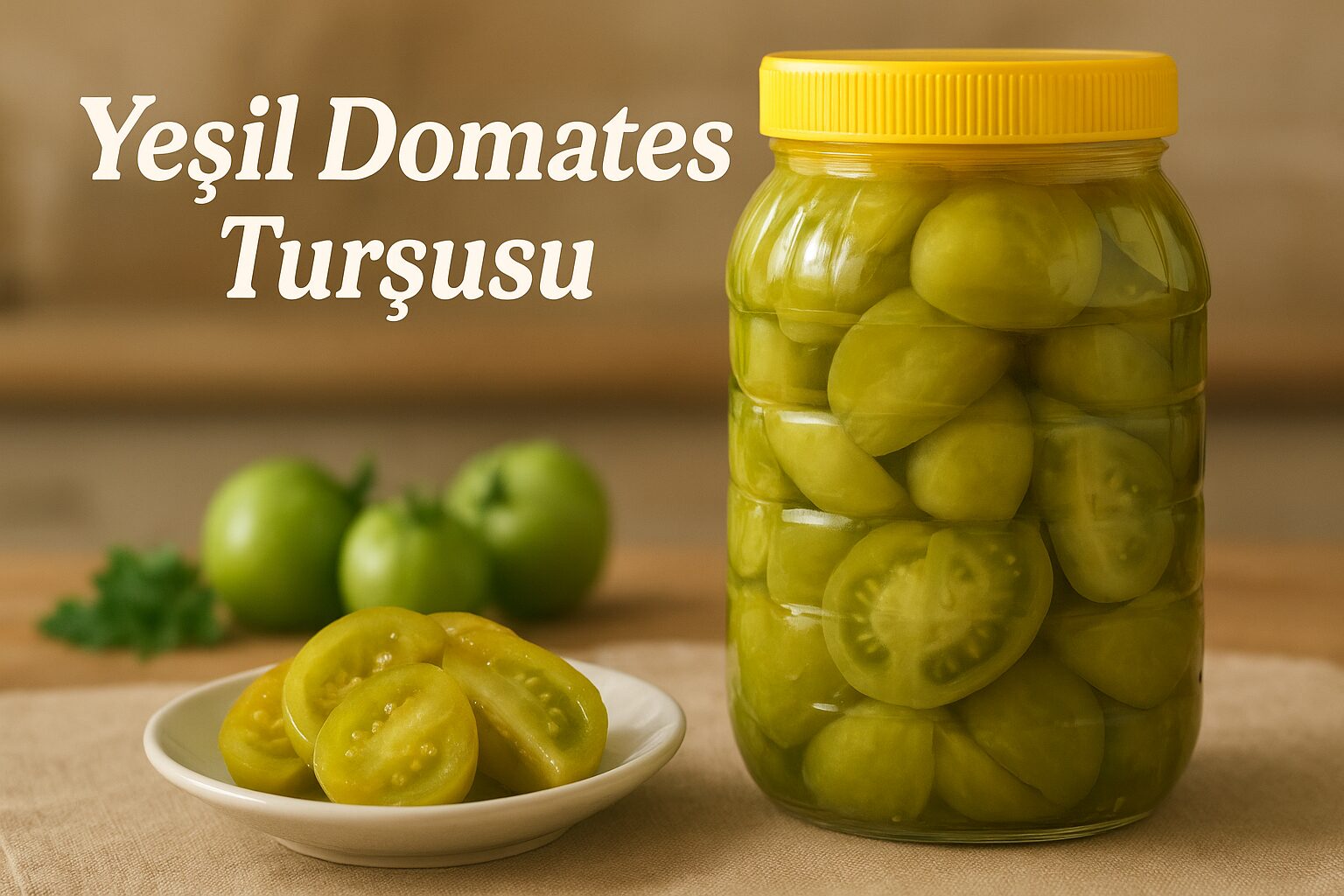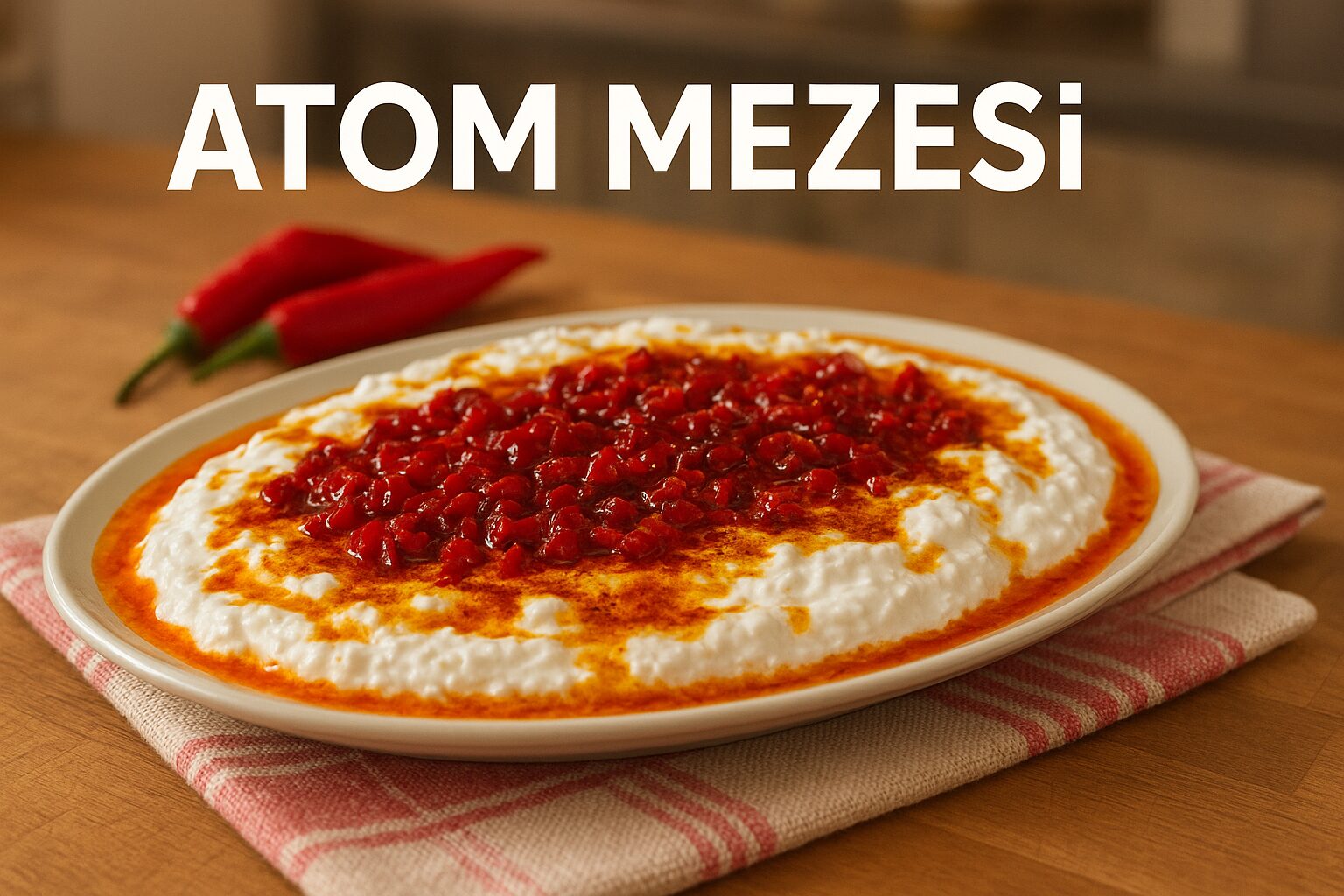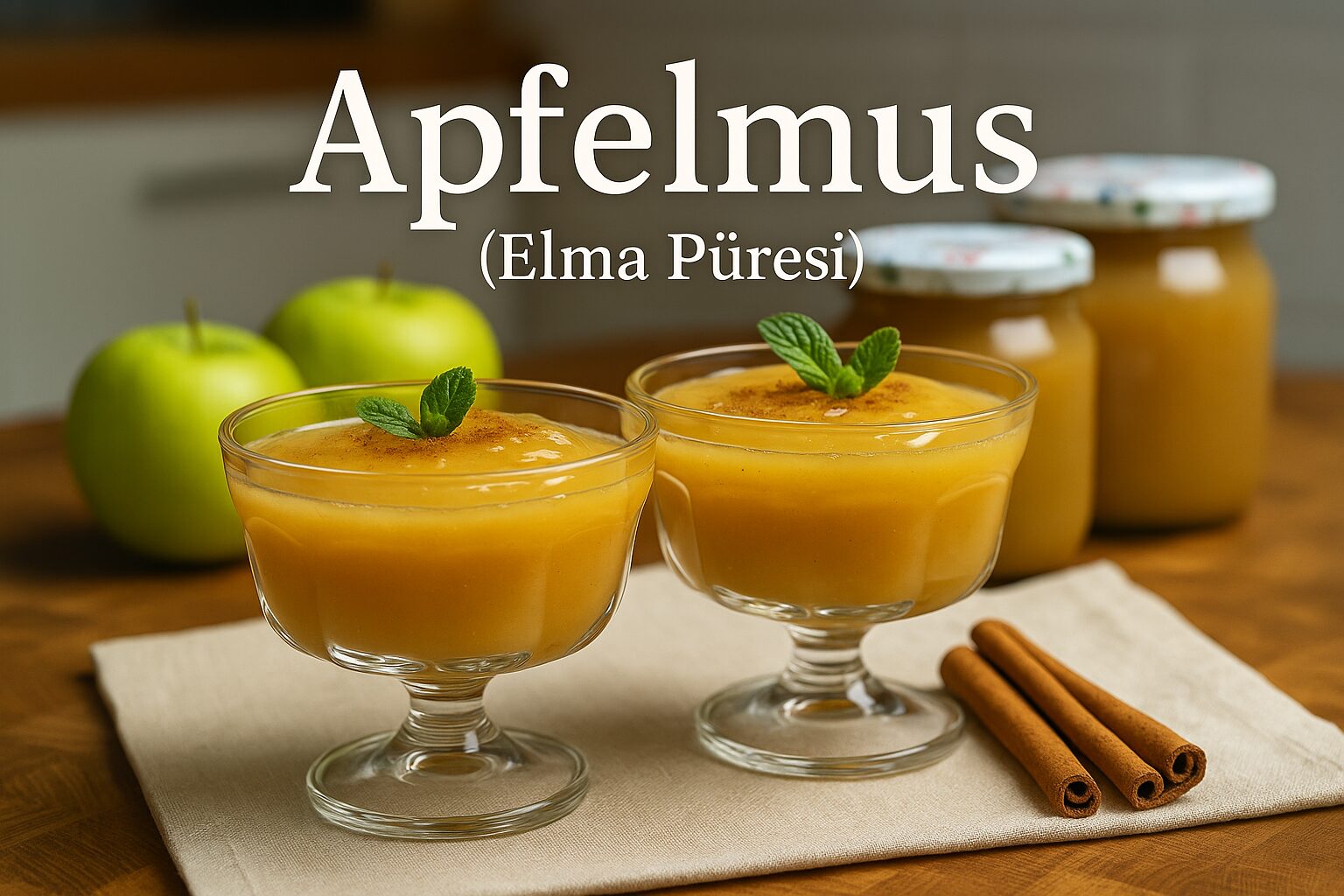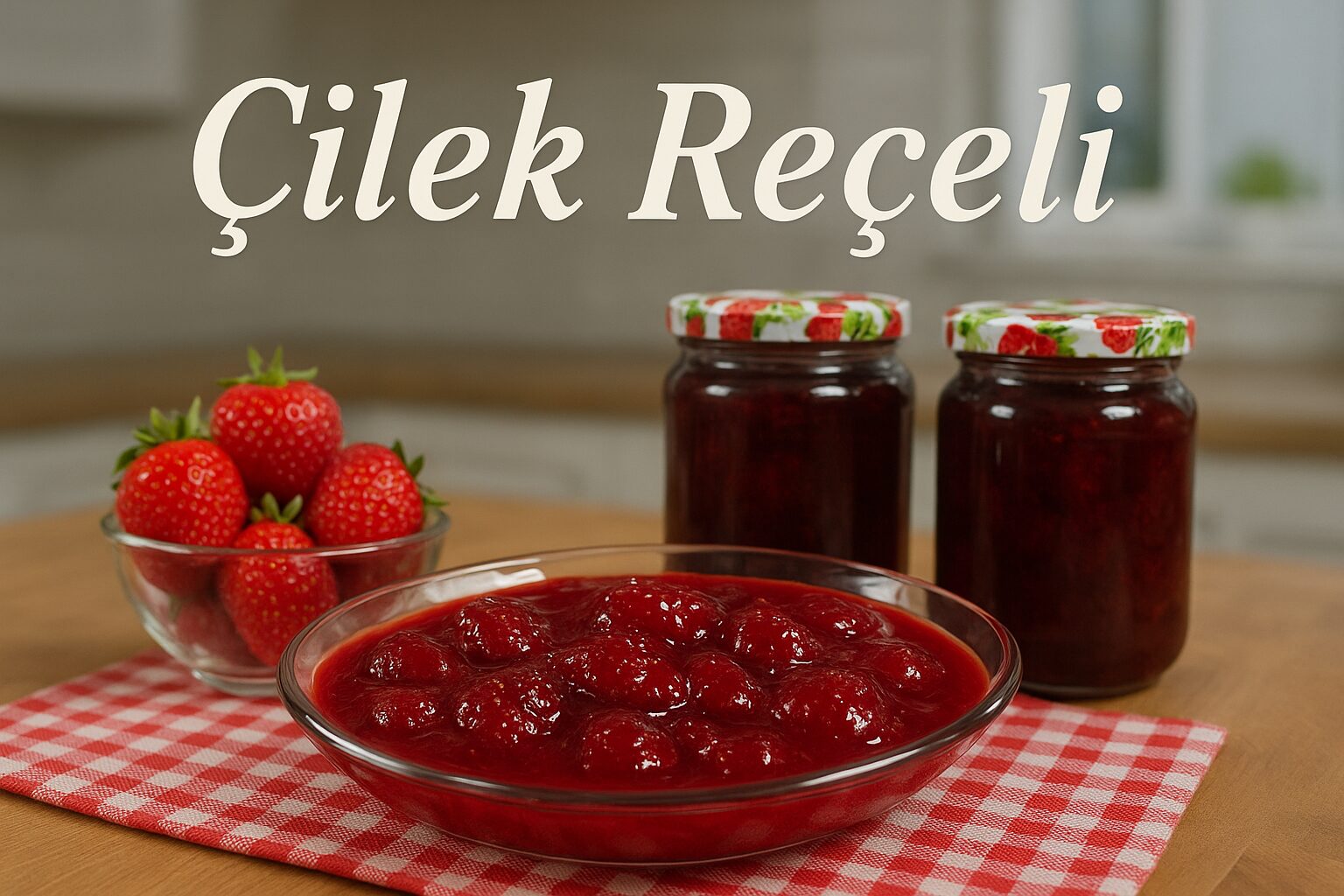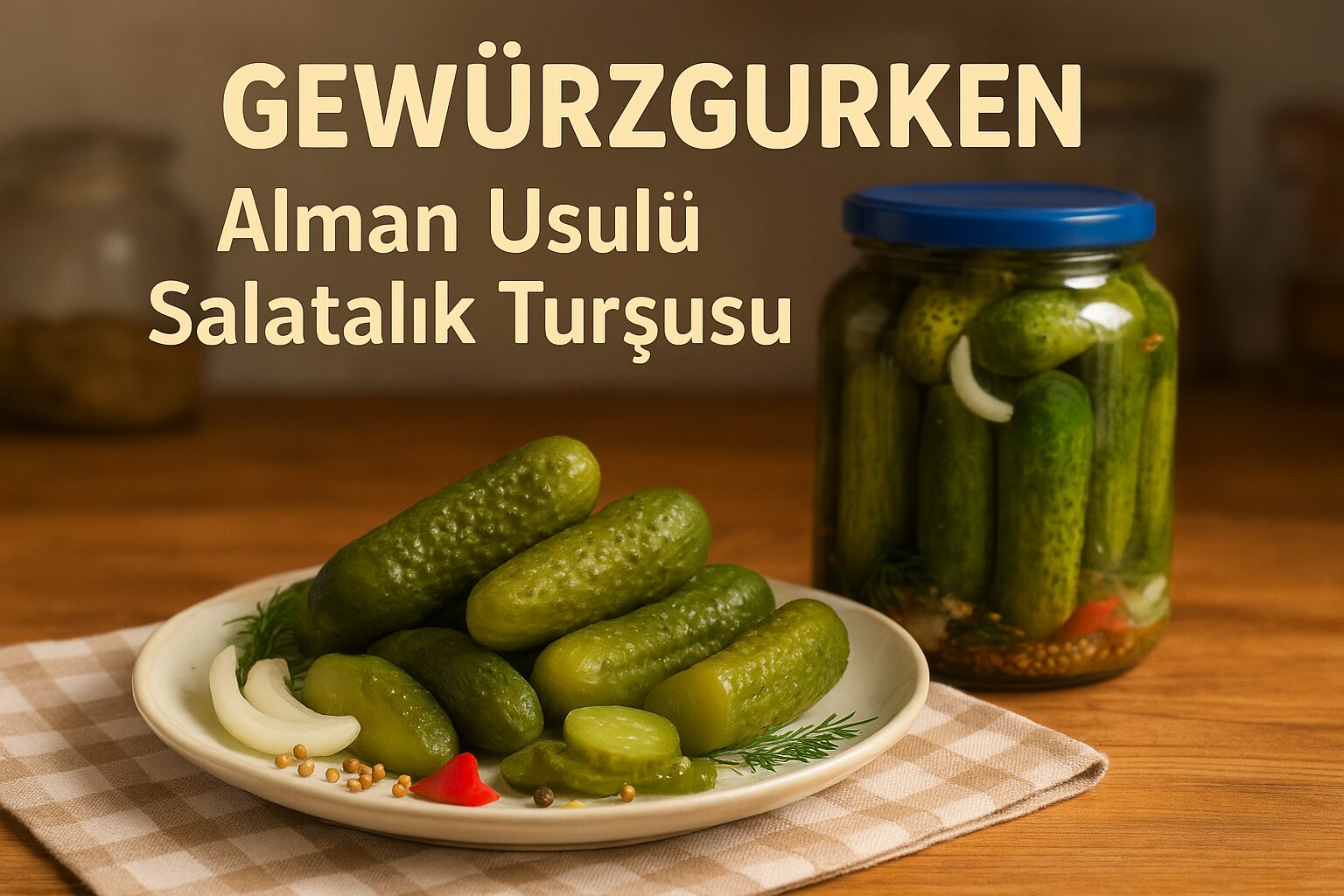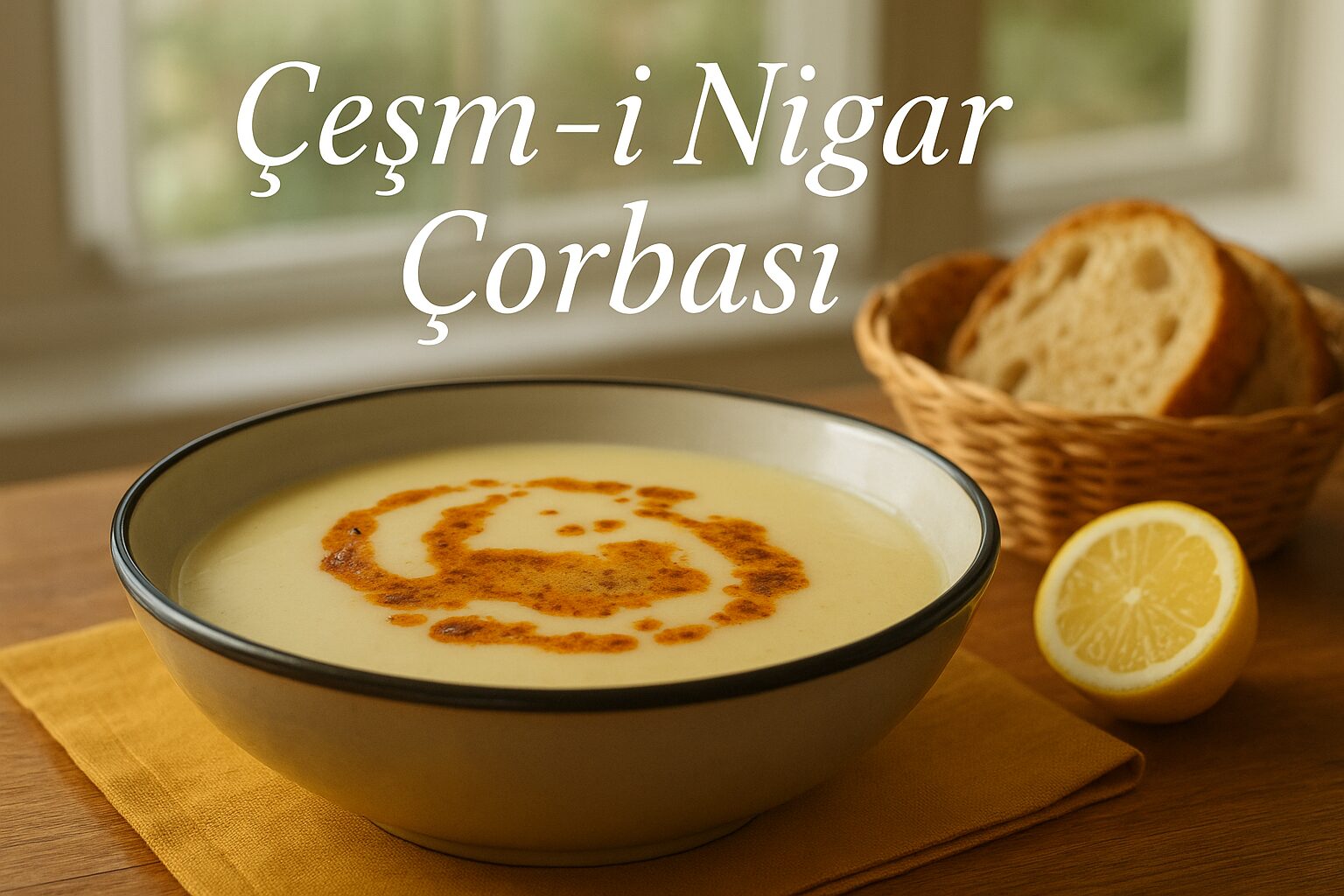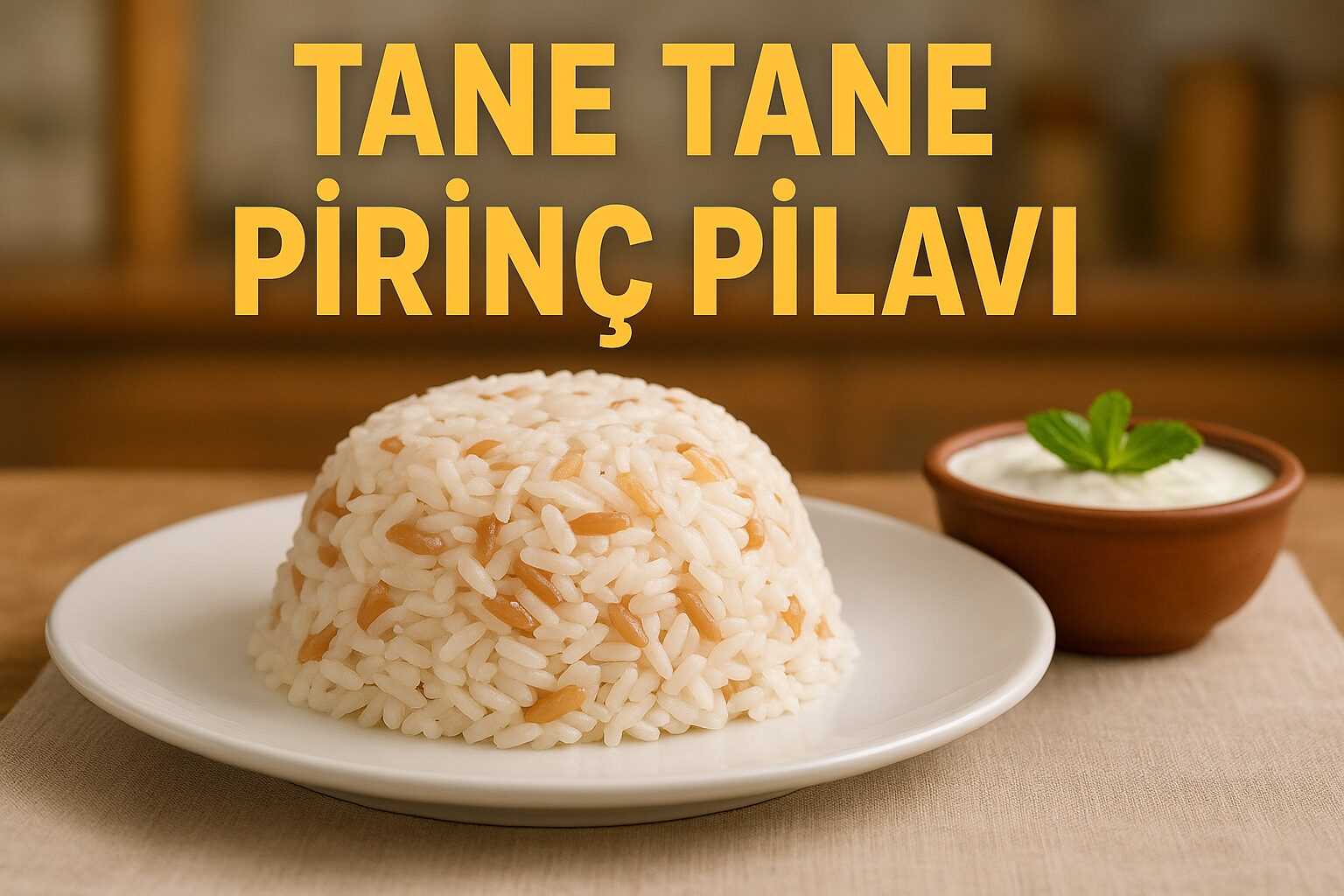How to make San Sebastian Cheesecake?
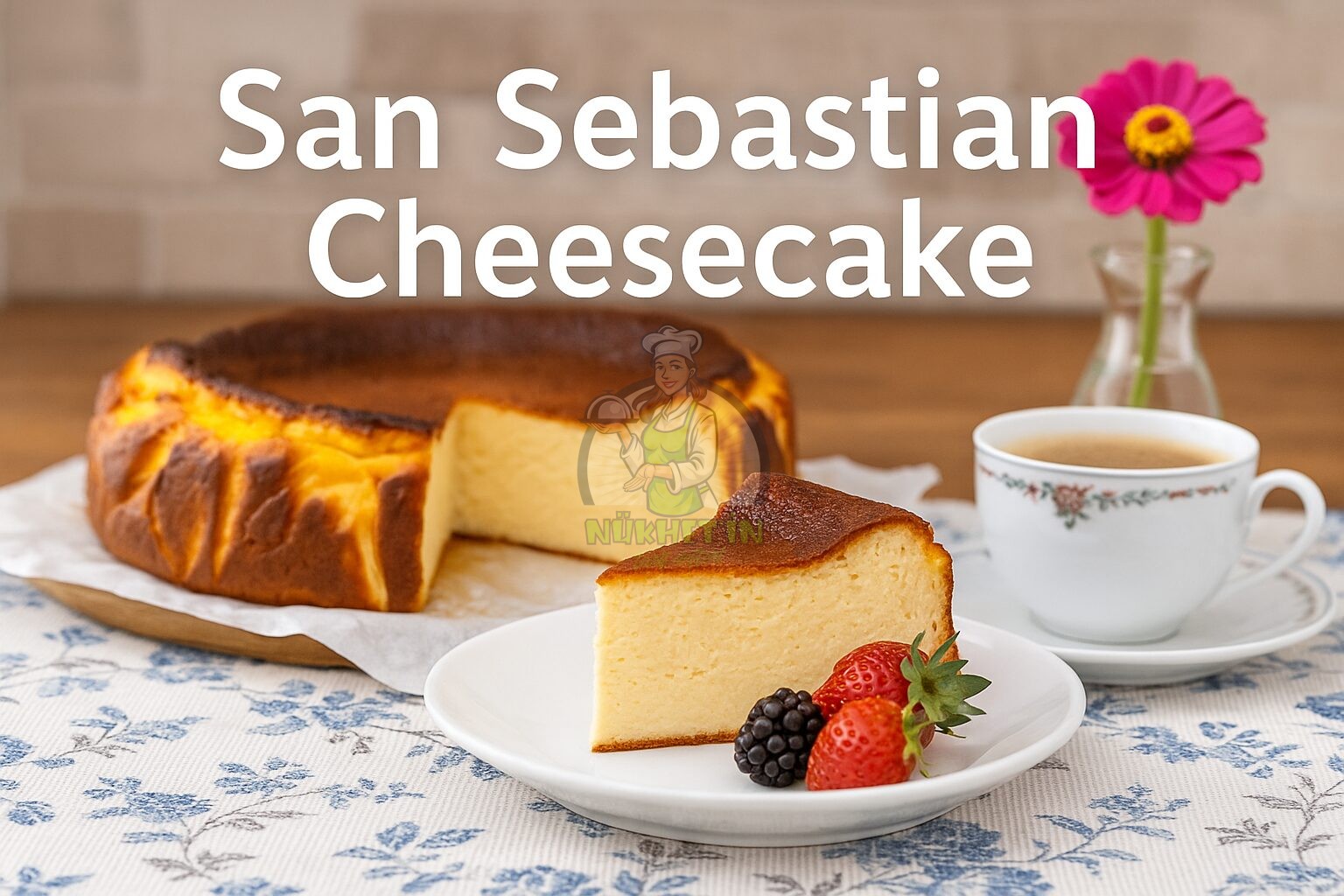
Introduction
San Sebastian Cheesecake is one of the most popular icons of modern pastry, and it perfectly catches the “burned, creamy centered” balance that many sweet lovers are looking for. When you try this dessert, you will notice that the outer layer, which becomes caramelized in a short time at high temperatures, leaves a silky consistency inside. Bronze even dark brown tones formed on the surface form the basis of the desired aromatic caramel and light sooty notes.
The San Sebastian Cheesecake expression is not only the name of a recipe, but also symbolizes a restaurant-quality approach that promises restaurant quality results with simple techniques. The fact that it is repeatable in home ovens has carried this dessert to daily kitchens and turned it into an indispensable weekend rite. As you see that soft tissue that sticks to the knife lightly when you slice it, you will understand why the dessert you prepared is talked about so much. Moreover, the service hours are flexible; it offers a creamy texture at room temperature and a more intense texture in the refrigerator. From guest tables to special celebrations, it easily makes every moment stylish.
The appeal of the San Sebastian Cheesecake comes from the fact that the ingredient list is not complex, but the results are extraordinary. The toffee-like flavors it carries when it comes out of the oven progress in harmony with the natural lactic freshness of the cheese. The most obvious difference of this dessert when compared to other types of cheesecake is that it is baseless and allows a conscious caramelization on the surface. Thus, both visual and sensory contrast is created. If you like to add a sharp vanilla timbre or citrus peel touch, you will also experience it that suits this style very well. In short, San Sebastian Cheesecake is a textbook of creating maximum impact with minimal technique in modern kitchens.
History & Background
The roots of the San Sebastian Cheesecake extend to the city of San Sebastián in the Basque region. The style that developed in the kitchen of a famous place in Donostia-san Sebastián in the early 1990s was moved from local to global in a short time. The reason why it is known worldwide as ’Basque Burnt Cheesecake“ is that the obvious caramelization on the surface is a conscious technique. While the city's gastronomy culture is known for its pintxolar, seafood and modern culinary approaches, this cheesecake has become one of the flagships of the same school in the sweet field. The increasing popularity with tourism has been multiplied by the influence of social media and the recipe has been quickly adapted to home kitchens. When you prepare this dessert at home, you will experience the spacious, clear and intense character of the Basque cuisine in one slice.
The region's gastronomy heritage is based on simplicity and material quality. This understanding is also felt directly in the San Sebastian Cheesecake: the goal is to keep the cheese in the center and offer a balanced flavor with elegantly accompanying flavors. Learn more about the city's reputation and culinary tradition. Basque You can find it on the page. Also for comparisons of the overall history of cheesecake and style cheesecake It offers a rich framework. These two sources will help you read the local identity of the dessert together with its global impact.
Serving Suggestions & Variations
San Sebastian Cheesecake shows its different face according to the service temperature. You will get a clear creamy fluency at room temperature, and a more intense structure that is easy to slice and slicing in the refrigerator. You can choose a simple presentation with a simple espresso, lightly roasted filter coffee or freshly brewed tea pairings. Among the fruit accompaniments, blackberries, raspberries and cherries balance the richness of cheese. Citrus peel grater or a light touch of sea salt creates a contrast effect on the caramelized surface. If you want to deviate from the classic line, a fluid raspberry sauce or chocolate sauce may be preferred at the time of service.
Our readers who want to discover aromatic alternatives within the Cheesecake family can take a look at fruit-based reviews: For Cherry Touches, our site Sour Cherry Cheesecake (Vişneli Cheesecake Recipe), For the citrus relief, Lemon Cheesecake (Limonlu Cheesecake Recipe) Our articles will give you a comparative idea. These contents help you find the balance that suits your taste by getting to know different members of the same family.
Health & Benefit Perspective
Cheesecake is an intense and satisfying option in the dessert category. The main approach here is to maintain portion control and balance. You may prefer to share a slice, serve it with fresh fruit on the side, or spread it to a longer pleasure by pairing it with coffee. Thanks to the feeling of satisfaction with the creamy texture, even small portions offer a pampering experience. In addition, preparing and resting the dessert in advance provides you comfort in terms of service planning. From a sensory point of view, the caramelized surface creates a layered perception of the nose, tongue and palate, increasing the total pleasure from sweets.
Conclusion & Invitation
San Sebastian Cheesecake has left a unique signature in the modern sweet world. You can easily carry this signature with high heat technique in your home oven, and you can create different texture experiences by playing the service temperature. It promises elegance in every environment, from guest tables to birthday celebrations, from pleasant weekend getaways to a quiet coffee break. To customize your experiences, you can diversify the aromas with small touches, contrasting with fruit accompaniments. That caramelized scent and silky texture you caught in my first slice will invite you to the second slice. Now it's time to sign your own signature; we are waiting for your comments when you try. Bon appetit!
FAQ (FAQ)
- What is the difference between San Sebastian Cheesecake and Classic Cheesecake?
It is decomposed by its baseless and high heat technique, which will create conscious caramelization on the surface; the inner tissue is more creamy. - What should be the ideal resting time for service?
1-2 hours at room temperature or overnight rest in the refrigerator gives a result that is easy to slice and has an aroma. - How do I prevent dispersion when cutting?
You can get a clean section by heating the knife in warm water and drying it between each slice; this method clarifies the presentation. - How can I personalize the aroma?
Vanilla beans, citrus zest or coffee/chocolate sauces can be easily applied at the time of service. - What drinks are good for?
Espresso, light-bodied filter coffee or fresh teas balance the aromatic notes of the caramelized surface.
Ingredients
- 800 g fresh cheese or cream cheese
- 1-½ cup sugar
- 6 eggs
- 400 ml of cream (2 boxes)
- 1 tablespoon of flour
- 1 tablespoon of starch
- 1 pack of vanillin
Preparation time ⏱️
- Preparation time: 10 min.
- Cooking time: 35 min.
- Portion: 6
Recipe
- Whisk the cheese and sugar well.
- Add the cream, starch, flour and vanilla and continue whisking.
- Beat eggs one by one.
- Place the baking paper in the 24 cm mold so that it hangs from the edges. Pour the mortar.
- Bake in a heated oven at 200 degrees, in the lower-top setting, until browned, for 35 minutes. Open the oven door and keep it in the oven for 15 minutes.
- Put the cake on the serving plate with the paper. This is the original presentation.
- After waiting for 5-6 hours at room temperature, slice and serve. If you like cold, keep it in the refrigerator and serve it.
